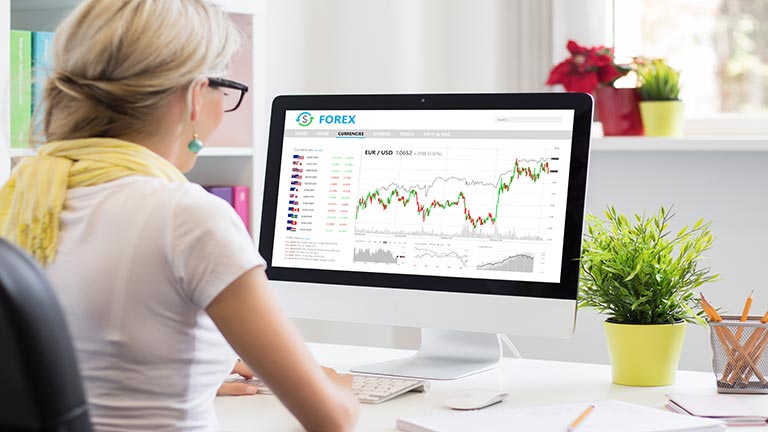The Importance of Risk Management in Forex Trading

By Dale Gillham
Forex trading offers significant opportunities for profit, but it also comes with substantial risks. Effective risk management is crucial for long-term success in the forex market. This guide will explain the importance of risk management and provide strategies to help you protect your investments.

What is risk management
Risk management involves identifying, assessing, and prioritising trading risks, followed by applying resources to minimise and control the impact of adverse events. In forex trading, this means implementing strategies to protect your capital from significant losses.
Why risk management is crucial in Forex trading
Preservation of capital
The primary goal of risk management is to preserve your trading capital. Without capital, you cannot continue trading. Effective risk management helps ensure that losses are manageable and do not deplete your trading account.
Stability and consistency
Risk management promotes stability and consistency in trading performance. By controlling the size of your losses, you can maintain steady growth of your account, which is essential for long-term success.
Emotional control
Effective risk management helps traders maintain emotional control. Large, unexpected losses can lead to emotional decision-making, which often results in further losses. By managing risk, you can trade more calmly and rationally.
Key risk management strategies in Forex trading
Setting stop losses
A stop loss is a predetermined price level at which a trade is automatically closed to prevent further losses. Setting stop losses ensures that you limit the potential loss on each trade, thus protecting your capital. However, setting a stop loss order into a broker's system is not always a good idea.
Position sizing
Position sizing involves determining the amount of capital to risk on a single trade. A common rule is to risk no more than 1-2% of your trading account on any one trade. This limits the impact of any single loss on your overall capital.
Diversification
Diversifying your trades across different currency pairs can reduce risk. By spreading your investments, you avoid putting all your capital into one trade, which can be highly risky if the market moves against you.
Using leverage wisely
Leverage allows traders to control larger positions with a smaller amount of capital. While leverage can amplify profits, it also magnifies losses. Use leverage cautiously and understand its potential impact on your trading account.
Risk-reward ratio
The risk-reward ratio is the ratio between the potential profit of a trade and the potential loss. A favourable risk-reward ratio, such as 1:2 or higher, means that the potential reward is at least twice the potential risk. This helps ensure that your profitable trades outweigh your losses.
Regularly reviewing and adjusting strategies
The forex market is dynamic, and trading strategies need to adapt to changing conditions. Regularly review and adjust your risk management strategies to ensure they remain effective in different market environments.
Implementing a risk management plan
Create a trading plan
Develop a comprehensive trading plan that includes your risk management strategies. Your plan should outline your risk tolerance, position sizing rules, and the criteria for setting a stop loss.
Stick to your plan
Discipline is key to successful risk management. Stick to your trading plan and avoid deviating from your strategies, even when tempted by potential quick profits.
Monitor and review your trades
Regularly monitor and review your trades to evaluate the effectiveness of your risk management strategies. Make adjustments as necessary to improve your approach and adapt to market changes. Risk management is an essential component of successful forex trading. By implementing effective risk management strategies, you can protect your capital, maintain emotional control, and achieve consistent trading performance.
Always remember that preserving your trading account is more important than chasing profits, and a disciplined approach to risk management will help you succeed in the long run.
To sum up
Risk management is an essential component of successful forex trading. By implementing effective risk management strategies, you can protect your capital, maintain emotional control, and achieve consistent trading performance. Always remember that preserving your trading account is more important than chasing profits, and a disciplined approach to risk management will help you succeed in the long run.






